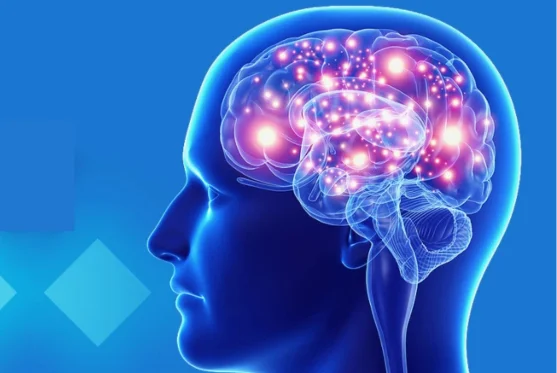
What is a Seizure?
A seizure occurs when there is abnormal electrical activity in the brain, causing sudden, involuntary movements or changes in behavior. The severity of a seizure can vary from brief episodes of altered awareness to full-body convulsions. Seizures can be a one-time occurrence, but when they happen repeatedly, they are often diagnosed as epilepsy, a chronic neurological condition.
Types of Seizures
Seizures can be classified into different types based on their symptoms and the area of the brain affected. The main types of seizures include:
- Generalized Seizures: These affect both sides of the brain and often lead to loss of consciousness. Examples include tonic-clonic seizures (formerly known as grand mal) and absence seizures.
- Focal Seizures: These originate in one part of the brain and may or may not cause loss of consciousness. Symptoms can include uncontrollable jerking movements or unusual sensations.
- Febrile Seizures: These are commonly seen in young children and are triggered by a high fever.
Causes of Seizures
Seizures can be caused by a variety of factors, including:
- Epilepsy: A chronic neurological disorder characterized by recurrent seizures.
- Brain Injuries: Head trauma or injury can lead to seizures, particularly if there is brain damage.
- Brain Tumors: Abnormal growths in the brain can disrupt normal electrical activity, triggering seizures.
- Infections: Brain infections such as meningitis or encephalitis can cause seizures.
- Stroke: A stroke can lead to brain damage and increase the risk of seizures.
- Genetic Factors: Some individuals may have a genetic predisposition to seizures or epilepsy.
- Alcohol Withdrawal: Withdrawal from alcohol or other substances can sometimes cause seizures.
Treatment for Seizures
The treatment for seizures depends on the underlying cause, the frequency and severity of the seizures, and the overall health of the patient. Dr. Kapil M Khandelwal provides a comprehensive approach to treating seizures, which may include:
1. Medications
The most common treatment for seizures is medication, also known as anticonvulsants or antiepileptic drugs (AEDs). These medications help control electrical activity in the brain and prevent seizures. Dr. Khandelwal carefully monitors patients to find the right medication and dosage to minimize seizures while managing any potential side effects.
2. Lifestyle Modifications
For some patients, lifestyle changes can help reduce the frequency of seizures. Dr. Khandelwal works with patients to identify potential seizure triggers, such as lack of sleep, stress, or certain foods, and recommends strategies to avoid or manage them. Maintaining a consistent sleep schedule, avoiding alcohol, and managing stress are key components of seizure management.
3. Surgery
In cases where medications and lifestyle changes are not effective in controlling seizures, surgical intervention may be considered. Dr. Khandelwal performs a variety of surgical procedures, such as:
- Resective Surgery: Involves removing the part of the brain where seizures originate.
- Responsive Neurostimulation (RNS): A device is implanted in the brain to detect abnormal brain activity and deliver electrical stimulation to prevent seizures.
- Vagus Nerve Stimulation (VNS): A device implanted under the skin in the chest sends electrical pulses to the brain through the vagus nerve to reduce seizures.
4. Ketogenic Diet
In some cases, particularly with children who have drug-resistant epilepsy, a ketogenic diet (a high-fat, low-carbohydrate diet) can help reduce seizure frequency. This diet alters the way the body produces energy and can sometimes have a significant impact on controlling seizures.
5. Emergency Treatment for Seizures
If a patient experiences a seizure that lasts longer than five minutes or has multiple seizures without regaining consciousness, emergency treatment is necessary. Dr. Khandelwal’s clinic offers 24/7 emergency care for seizure patients, providing immediate intervention to prevent further complications.
Why Choose Dr. Kapil M Khandelwal for Seizure Treatment?
Dr. Kapil M Khandelwal is a compassionate and highly skilled neurosurgeon with expertise in diagnosing and treating seizures and epilepsy. His thorough approach ensures that each patient receives the most appropriate treatment based on their specific condition. Dr. Khandelwal works closely with patients to develop personalized care plans and provides ongoing support to improve seizure management and quality of life.
Conclusion
Seizures can be a challenging condition to manage, but with the right treatment and care, it is possible to control them and improve quality of life. Whether through medications, lifestyle modifications, surgery, or other treatments, Dr. Kapil M Khandelwal offers expert care to help patients manage their seizures effectively. If you or a loved one is suffering from seizures, contact Dr. Khandelwal’s clinic to schedule a consultation and take the first step toward better seizure control.